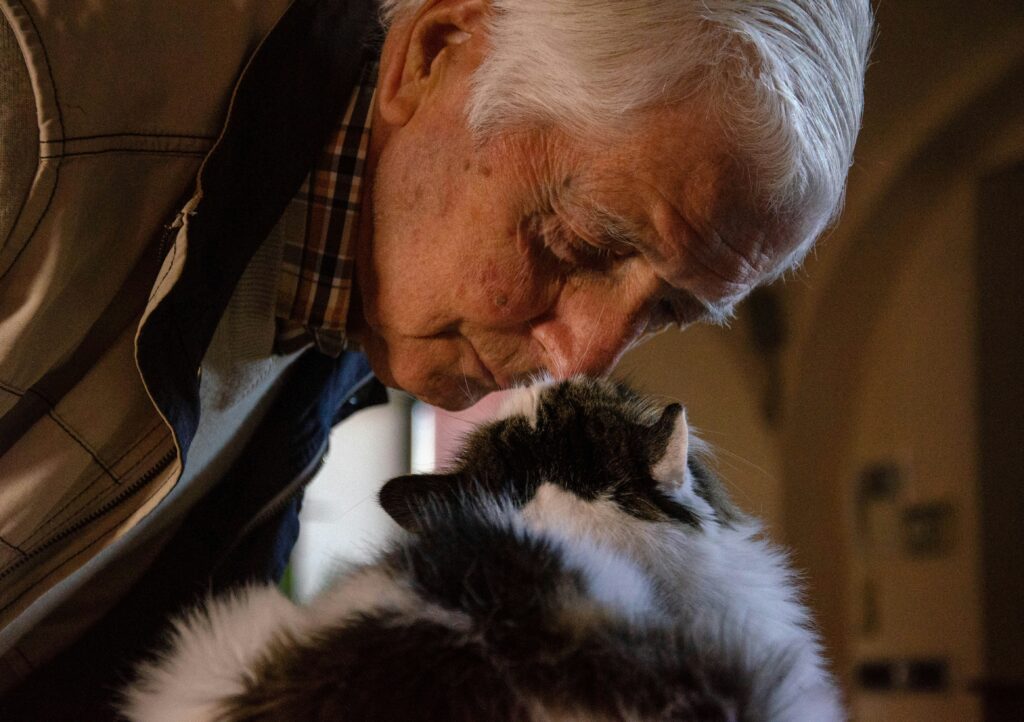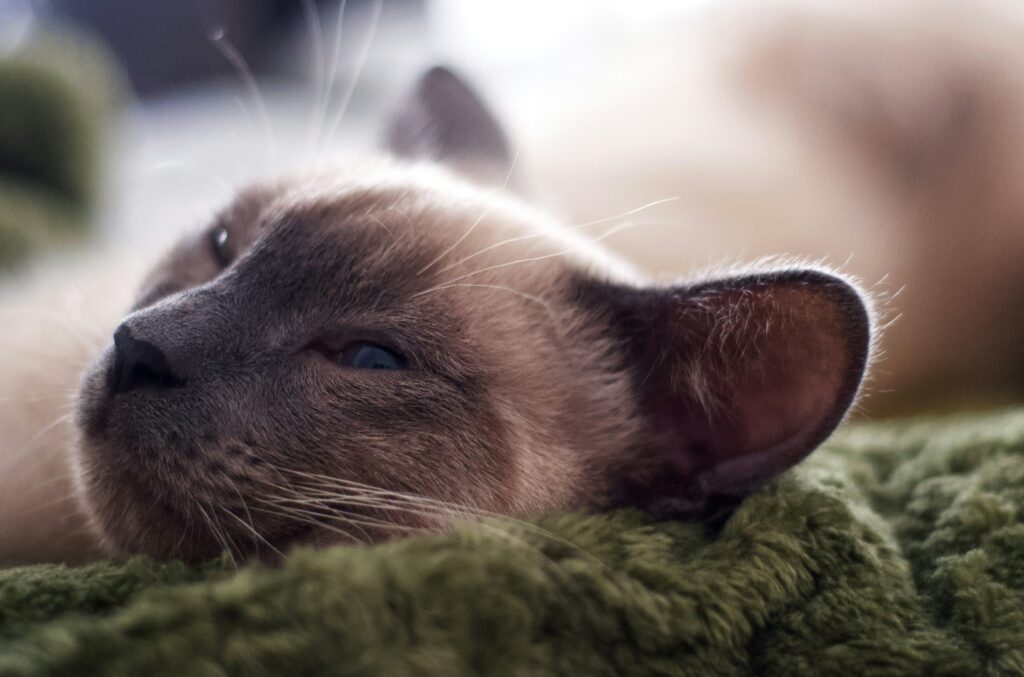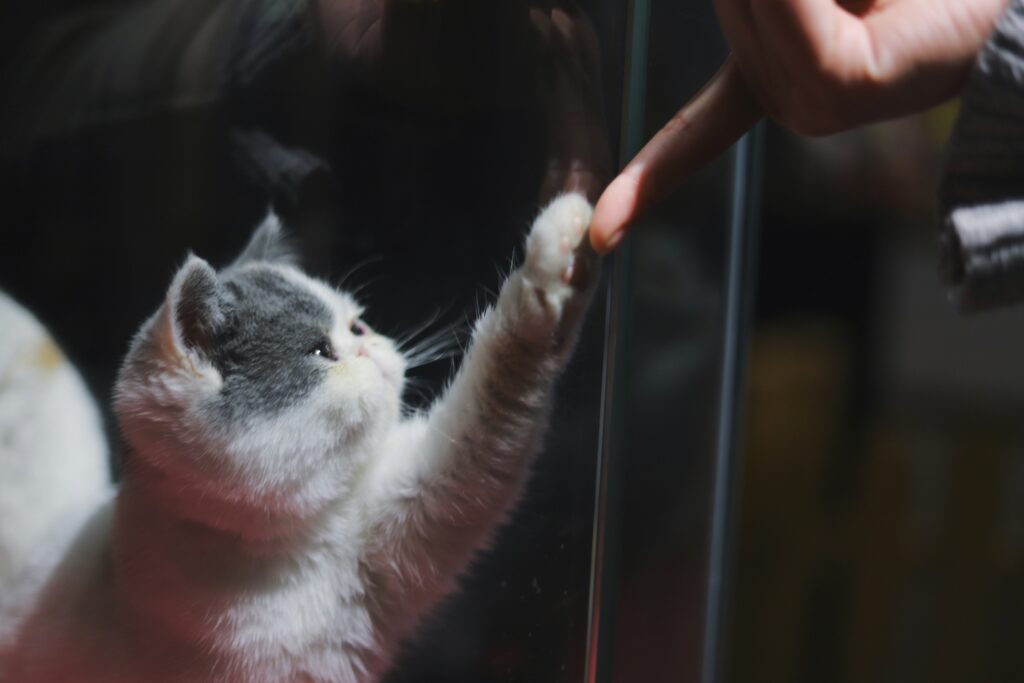As we age, the importance of companionship becomes even more significant. For many seniors, having a pet by their side can provide comfort, joy, and a sense of purpose that enhances their quality of life. Animal companionship offers a myriad of benefits that can greatly improve the well-being of older adults. Let’s explore how the presence of furry friends can transform senior living!
A Source of Unconditional Love

One of the most beautiful aspects of having a pet is the unconditional love they provide. For seniors, this bond can be incredibly fulfilling, reducing feelings of loneliness and isolation. Animals don’t judge or criticize; they simply offer affection and companionship. Whether it’s a gentle dog resting at their feet or a playful cat curling up in their lap, these moments of connection can bring immense comfort and happiness to seniors.
Encouragement to Stay Active
Pets can be fantastic motivators for seniors to stay active. Dogs, in particular, require regular walks, which encourages their owners to get outside and move. This gentle exercise is beneficial not only for the dog but for the senior as well. Even indoor pets can promote activity—playing with a cat or engaging in light grooming can keep seniors moving and stimulate their bodies and minds. An active lifestyle contributes to better physical health, mobility, and mental well-being.
Enhancing Social Connections
Having a pet can also open doors to social interactions. Dog owners often strike up conversations with fellow pet lovers during walks or at dog parks. These social connections can lead to friendships and a greater sense of community. Additionally, pets can serve as icebreakers in social settings, helping seniors engage with others more comfortably. When pets are involved, it’s easier to bond over shared experiences and stories, enriching their social lives.
Reducing Stress and Anxiety

Pets have a magical way of reducing stress and anxiety levels. The simple act of petting a dog or cat can lower blood pressure and release feel-good hormones like oxytocin. For seniors dealing with anxiety or the challenges of aging, having a pet can provide a soothing presence that helps them relax. Watching a fish swim or listening to a bird chirp can also create a calming atmosphere in their living spaces, contributing to overall mental wellness.
Providing a Sense of Purpose
Caring for a pet instills a sense of responsibility and purpose in seniors. Feeding, grooming, and exercising an animal gives structure to their day and keeps them engaged. Many seniors find joy in routine care activities, which can combat feelings of aimlessness that sometimes accompany retirement or major life changes. This sense of purpose can improve their overall mood and mental health, fostering a more positive outlook on life.
Facilitating Therapeutic Interactions
Animal companionship is often used in therapeutic settings to support mental and emotional health. Therapy animals can provide comfort to seniors in assisted living or nursing homes, helping alleviate symptoms of depression and anxiety. Programs that incorporate animals into senior living environments allow for interaction and engagement that enhances emotional well-being. Whether through organized visits with trained therapy animals or informal pet programs, these interactions can significantly benefit residents.
Fostering a Healthy Routine
For many seniors, establishing a daily routine can be beneficial for maintaining mental clarity and emotional balance. Pets naturally create a structure that encourages seniors to stick to regular schedules for feeding, walking, and grooming. This sense of routine can provide stability and comfort, which is especially important during times of change or uncertainty.
Promoting Mindfulness and Presence

Animals have a unique way of keeping us grounded in the present moment. Spending time with a pet encourages seniors to slow down, breathe, and be mindful of their surroundings. Whether it’s watching a dog chase a butterfly or observing a cat nap in a sunbeam, these moments foster appreciation for life’s simple pleasures. This mindfulness can enhance overall happiness and well-being, allowing seniors to fully engage with their daily experiences.
The power of animal companionship in senior living cannot be overstated. From emotional support and motivation for physical activity to enhanced social connections and a sense of purpose, pets play a vital role in the lives of many older adults. By creating a nurturing environment for seniors and their animal companions, we can help foster healthier, happier, and more fulfilling lives for everyone involved. So, whether you’re considering adopting a pet for yourself or encouraging a loved one to welcome an animal into their life, know that this companionship can create lasting joy and connection!


